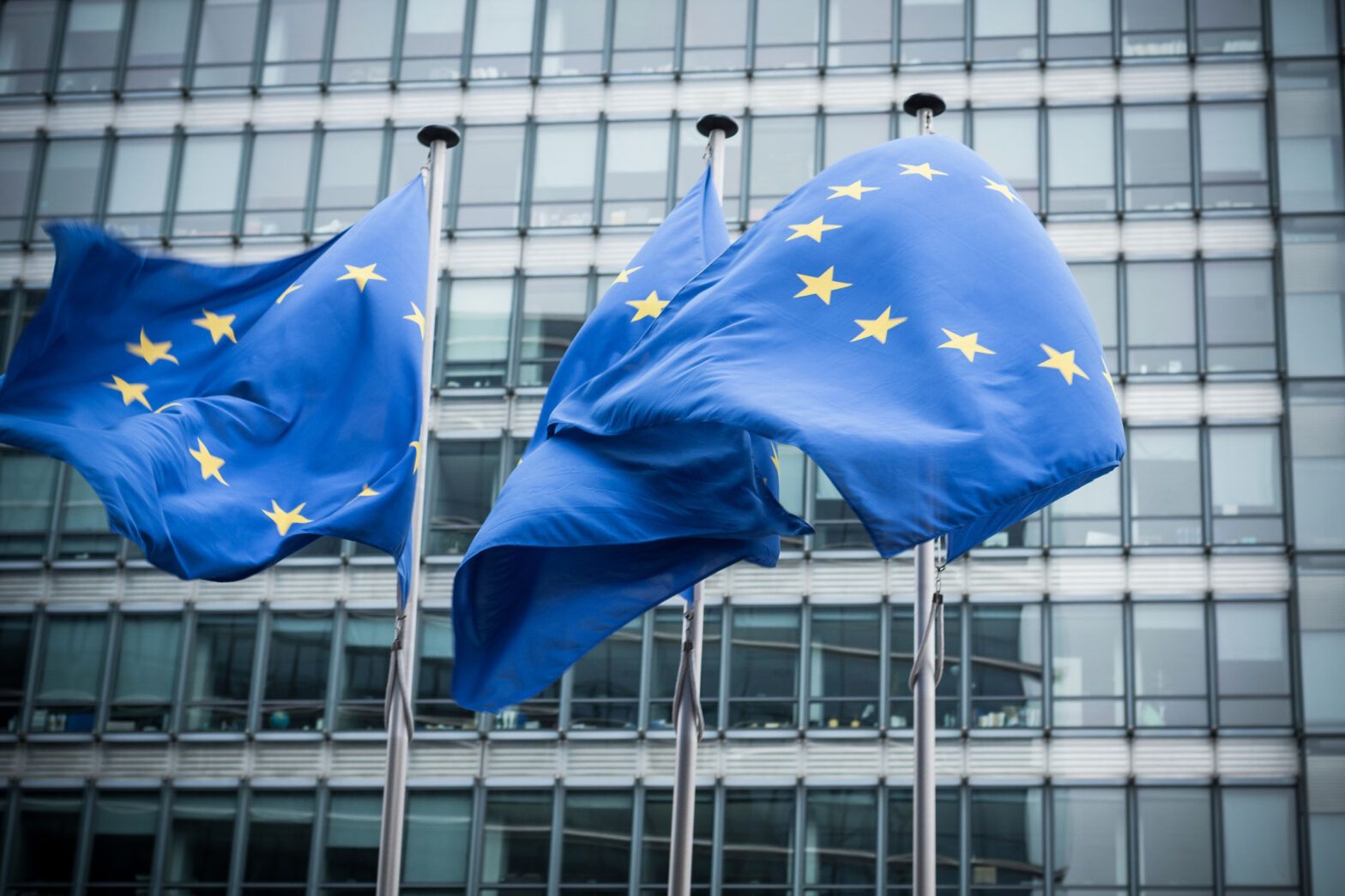The European Commission (EC) has today adopted the European Sustainability Reporting Standards (ESRS), but amendments including a downgrading of some disclosures from mandatory to voluntary, the phasing in of some disclosures such as Scope 3, and the ability for companies to decide what is or isn’t material, have been called a “compromise” by sustainable investment commentators.
The ESRS, which were approved by the European Financial Reporting Advisory Group last November, outline the ESG reporting requirements for corporates as part of the Corporate Sustainability Reporting Directive, which is expected to come into force for the 2024 reporting year, with the first submissions due in 2025.
They cover ESG issues including climate change, biodiversity and human rights, aiming to provide information for investors to understand the sustainability impact of the companies in which they invest.
In the consultation to the standards, which closed earlier this month, sustainable asset managers expressed concerns the ESRS would not align with other standards, increasing their sustainability reporting requirements.
For example, in its consultation response Impax said: “We urge the ESRS to seek consistency and interoperability, especially with the global [International Sustainability Standards Board] ISSB sustainability reporting baseline and standard that is being rolled-out and adopted by many countries, regions and exchanges.”
In its adoption of the ESRS the EC said the standards “take account of discussions with the ISSB and the Global Reporting Initiative (GRI) in order to ensure a very high degree of interoperability between EU and global standards and to prevent unnecessary double reporting by companies”.
For this reason, the GRI has “welcomed” the EC’s adoption of the ESRS.
“We support the maximum level of interoperability between ESRS and GRI, which will mean double reporting by companies can be avoided,” added GRI CEO Eelco van der Enden.
‘Compromises’
However, asset managers and NGOs that responded to the consultation also flagged a ‘watering down’ of policies in order for this alignment to be achieved.
“The Commission’s current proposals weaken and compromise the proposed sustainability disclosure regime in ways which are not justified and critically undermine the EU’s sustainability objectives,” ClientEarth said in its consultation response earlier this month.
In response to feedback, as well as increasing its alignment with other global standard setters, the EC today said it had made the following modifications to the drafts standards:
- That all standards and disclosures will be subject to a materiality assessment (with the exception of ‘general disclosures’). The EC said this will give companies “more flexibility to decide exactly what information is relevant (‘material’) in their circumstances”.
- That the requirements will be phased in – for example, companies with fewer than 750 employees do not have to disclose Scope 3 emissions data in the first year they apply the standards
- That some datapoints, such as biodiversity transition plans and certain indicators about “non-employees” in the undertaking’s own workforce, will become voluntary. In addition it has introduced more flexibility around some of the mandatory datapoints.
Mirjam Wolfrum, policy engagement director for Europe at CDP, called these “compromises” and said that “understanding why companies disregard certain topics will be essential to ensure comparable and meaningful information for investors, auditors and regulators”.
Similarly, Principles for Responsible Investment EU policy head Elise Attal said, although she welcomed the move as an “important stepping stone” for investors, the EC’s decision to subject all issue-specific reporting to a company’s own materiality assessment may not guarantee investor’s access to consistent and reliable information.
“The European Commission should commit to making key climate disclosure indicators and environmental and social indicators relevant to SFDR mandatory to disclose in the first review of this delegated act in 2026,” Attal said.
“In the meantime, it should provide clear, comprehensive and robust guidance on materiality assessments, so that material sustainability information is not omitted by companies.”








